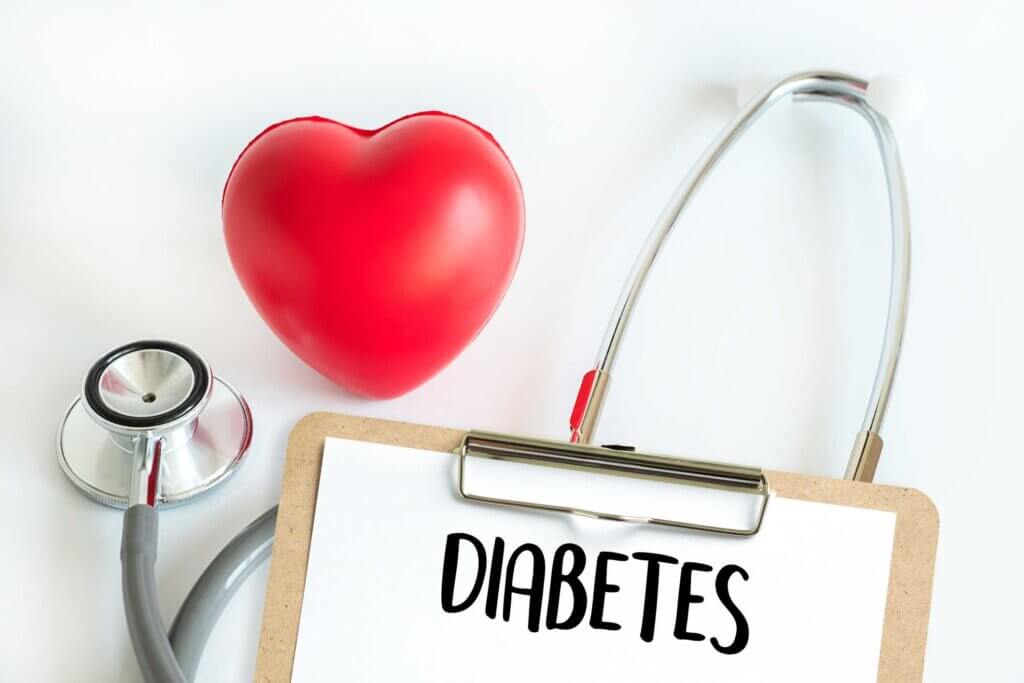Diabetes
– Insulin, produced in beta cells of pancreas, is required to keep blood sugar under control.
– In type 2 diabetes, insulin doesn’t work properly (increased insulin resistance) despite normal insulin production, leading to high blood sugars.
– As disease progresses insulin production comes down even in type 2 diabetes.
– Several factors control insulin production and insulin resistance.
– These factors include GLP1, Peptide YY, Ghrelin, Amylin, Leptin, Adiponectin, GIP and Anti-incretins.
– Ghrelin is produced in the fundus part of stomach. It acts against insulin and increases insulin resistance.
– GLP1 and Peptide YY are produced in distal ileum (Last part of the small intestine). These increase insulin production and reduce insulin resistance.
– Following unhealthy lifestyle can increase insulin resistance leading to type 2 diabetes
Unhealthy life style includes
– Intake of unhealthy foods
– Lack of physical activity
– Irregular food habits
– Lack of sleep
– Increased stress
– Changes in circadian rhythm (working at night, sleeping in the morning)
– Obesity and type 2 diabetes often go hand in hand. Excess weight leads to increased insulin resistance and inadequate insulin production. If you have excess weight, check your blood sugars, as chances of getting diabetes are significantly high.
– Lifestyle modifications are necessary to maintain fitness and prevent diabetes.
– Healthy lifestyle includes
- Healthy diet,
- Regular exercise,
- Taking food on regular timings,
- Adequate sleep and
- Stress free life.
– Majority of the individuals with mild type 2 diabetes benefit from lifestyle modifications.
– Lifestyle modifications can control blood sugars, even without medications.
– Those diabetic individuals, who don’t respond to lifestyle modifications, need medications to control blood sugars.
– Initially oral medications are required.
– As disease progresses, some individuals require insulin injections to control type 2 diabetes.
– Uncontrolled diabetes can lead to
- Heart attack
- Brain stroke
- Kidney failure
- Non healing ulcers in legs
- Gangrene of toes or limbs
- Erectile dysfunction
- Cataract
- Blindness
- Neuropathy.
– It is important to keep your blood sugars under control to prevent these complications.
– Metabolic surgery is scientifically proven, very safe method for long term remission from type 2 diabetes.
– Mechanism of diabetes remission after metabolic surgery is different from other methods.
– Sleeve gastrectomy, Gastric bypass, and Sleeve plus bypass combination surgeries induce physiological changes leading to sufficient insulin production and reduced insulin resistance (increased insulin sensitivity) leading to long term control of blood sugars without the need for tablets or external insulin.
– These are performed on stomach and intestine by laparoscopic method (by putting small holes on the tummy).
– Metabolic and bariatric surgeries are essentially same. If the purpose of surgery is remission from type 2 diabetes and other co-morbid medical conditions, it is called metabolic surgery. If the purpose of surgery is weight loss, then it is called bariatric surgery.
– Individuals suffering from type 2 diabetes with excess weight benefit from metabolic surgery.
– Metabolic surgery helps individuals with uncontrolled type 2 diabetes regardless of their weight.

